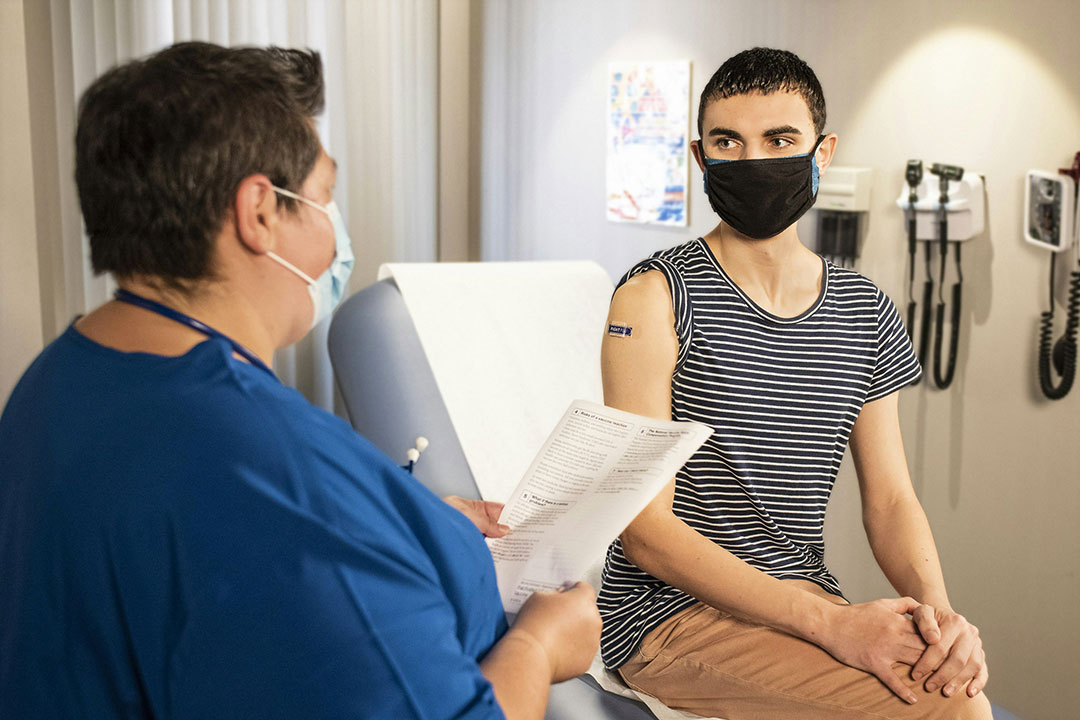
Medicine Cabinet
By Teodoro B. Padilla

In today’s evolving healthcare landscape, the partnership between research-based pharmaceutical companies and healthcare professionals (HCPs) remains a cornerstone of patient well-being and medical progress. Rooted in a shared commitment to patients, evidence, innovation, and ethics, this collaboration ensures that life-saving therapies are not only developed with scientific rigor but also reach the people who need them most.
The Pharmaceutical and Healthcare Association of the Philippines (PHAP) regards HCPs, including doctors, nurses, pharmacists, and clinical practitioners, as indispensable partners in saving lives and improving health outcomes. PHAP is committed to transparency and accountability, and we deeply value the contributions of all healthcare professionals, particularly physicians who tirelessly serve at the frontlines of patient care. Respect for their dedication and professionalism is fundamental to our work.
Integrity is the foundation of these partnerships. At the heart of everything we do lies a singular priority: the health and well-being of patients. We believe that integrity and ethical practice are collective responsibilities shared by all healthcare stakeholders without exception. This is why PHAP and its members adhere to strict self-regulatory measures anchored on ethical interactions, ensuring that medical decisions are made in the best interests of patients. But we also recognize that no one sector can do this alone.
As the Philippine counterpart of the International Federation of Pharmaceutical Manufacturers & Associations (IFPMA), PHAP has been at the forefront of promoting ethical interactions in the healthcare community. In 2018, healthcare organizations adopted the Philippine Consensus Framework for Ethical Collaboration, based on the global “Consensus Framework for Ethical Collaboration Between Patients’ Organizations, Healthcare Professionals, and the Pharmaceutical Industry.”
This global framework, first launched in 2014, was developed by leading organizations including the IFPMA, the International Alliance of Patient Organizations, the World Medical Association, the International Council of Nurses, the International Pharmaceutical Federation, and the International Hospital Federation.
Locally, the signatories include PHAP, the Philippine Alliance of Patient Organizations, the Philippine Medical Association, the Philippine Pharmacists Association, and the Philippine Nurses Association. In a historic milestone last year, all 87 Department of Health-retained hospitals signed the Philippine Consensus Framework for Ethical Collaboration, signaling a nationwide commitment to principled healthcare partnerships.
The Consensus Framework outlines seven guiding principles that shape interactions across the healthcare sector:
First, “Put Patients First.” Patients must always remain the top priority in every healthcare decision.
Second, “Support Ethical Research and Innovation.” Partners encourage and engage in basic and applied research, ensuring that clinical trials and health studies are conducted ethically to generate new knowledge that benefits public health.
Third, “Ensure Independence and Ethical Conduct.” Interactions between stakeholders must remain ethical, professional, and free from undue influence.
Fourth, “Promote Transparency and Accountability.” Institutions and individuals alike must support openness and accountability in all activities.
Fifth, “Establish Trust and Solidarity.” Integrity and honesty must guide every action, with truthful communication and shared responsibilities to improve patient care.
Sixth, “Prioritize Quality Care and Innovation.” Healthcare must advance patient well-being and safety through evidence-based, innovative solutions, particularly in times of crisis.
Seventh, “Respect for All.” Every patient, healthcare worker, institution, and organization deserve dignity, fairness, and respect for their values, rights, and privacy.
The abovementioned principles create a culture of trust where collaboration flourishes and patient welfare is always safeguarded.
Beyond the Consensus Framework, the biopharmaceutical industry in the Philippines has established the PHAP Code of Practice, which aligns with global and regional standards as well as national laws. The Code preserves the independence of healthcare professionals in prescribing medicines and underscores that all industry relationships must support HCPs in fulfilling their professional duties to patients.
The Code requires PHAP members to uphold the highest ethical standards in all engagements with healthcare providers, patient organizations, and communities. Compliance is a prerequisite for PHAP membership and is overseen by an independent ethics committee composed of respected leaders from health and academe.
PHAP has also supported the Department of Health in developing and adopting guidelines on the promotion and marketing of prescription medicines and medical devices. These guidelines are aligned with international commitments, such as the 2011 Mexico City and Kuala Lumpur Business Codes of Ethics endorsed by APEC heads of state, including the Philippines.
The Consensus Framework is document which emphasizes that the healthcare sector must never be reduced to a battlefield of competing interests. Instead, it should serve as a platform for constructive collaboration where patients benefit from the combined strengths of government, healthcare professionals, the industry, civil society, and the media.
Ethical interactions build the trust necessary for progress. They ensure that innovations reach patients fairly, that healthcare decisions are guided by science and integrity, and that the system as a whole remains resilient in the face of challenges.
PHAP calls on all stakeholders — from healthcare professionals, patient groups, industry leaders, government, media, to civil society — to continue working together to uphold the highest ethical standards. By doing so, we ensure that patient welfare is always placed above all else.
Our first and ultimate loyalty is, and must remain, to the Filipino patient. Collaboration rooted in ethics is the best way to honor that loyalty and to build a healthcare system that is both trustworthy and sustainable.
Teodoro B. Padilla is the executive director of Pharmaceutical and Healthcare Association of the Philippines which represents the biopharmaceutical medicines and vaccines industry in the country. Its members are at the forefront of developing, investing and delivering innovative medicines, vaccines and diagnostics for Filipinos to live healthier and more productive lives.